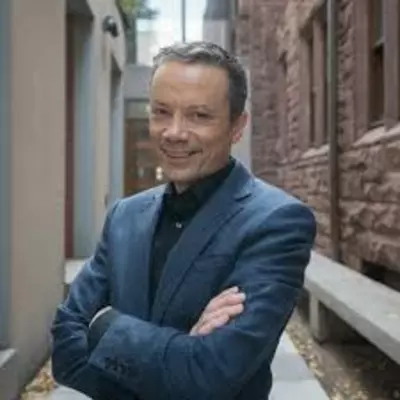Munk Distinguished Lecture Series
Capitalism and Democracy: Does One Dominate the Other?
January 23, 2025 | 5:30PM - 7:00PM
|
Online & in-person
Location | Campbell Conference Facility, Munk School, 1 Devonshire Place, Toronto, ON and Online via Zoom
How do political economies change? In the decades since World War II, the western political economies have changed dramatically, as the sources of economic growth and the ways in which the economy has been managed have shifted. We can think of these approaches to economic management as the growth strategies of government. Based on the experience of the initial postwar period, Professor Peter A. Hall argues that these changes depend on the presence of three conditions which provide a motivation, means and motor for change. The motivation follows from an experience of crisis, the means from developments in economic ideas and the motor lies in electoral politics. Thus, the process of change is one in which economic developments within capitalism and political developments within democracy combine to yield major changes in the stance that governments take toward the economy. He concludes by exploring the possibility that the western democracies are now on the cusp of another major change in growth regimes.
About the speaker
Peter A. Hall is Krupp Foundation Professor of European Studies in the Department of Government at Harvard and a Faculty Associate of the Minda de Gunzburg Center for European Studies. He is a political economist whose current research centres on understanding how the growth regimes of the developed democracies change over time, and the role of politics in that process, including the political dilemmas created by the Euro crisis.
Hall has also explored the methodology of social science, with the aim of improving how complex chains of causation in the social world are established. The emphasis is on how institutions and social coalitions interact to structure politics across space and time.
This event is sponsored by the Munk School of Global Affairs & public Policy in partnership with the Centre for the Study of France and the Francophone World, Joint Initiative in German and European Studies, Centre for European and Eurasian Studies. Funded by the DAAD with funds from the German Federal Foreign Office (AA).

